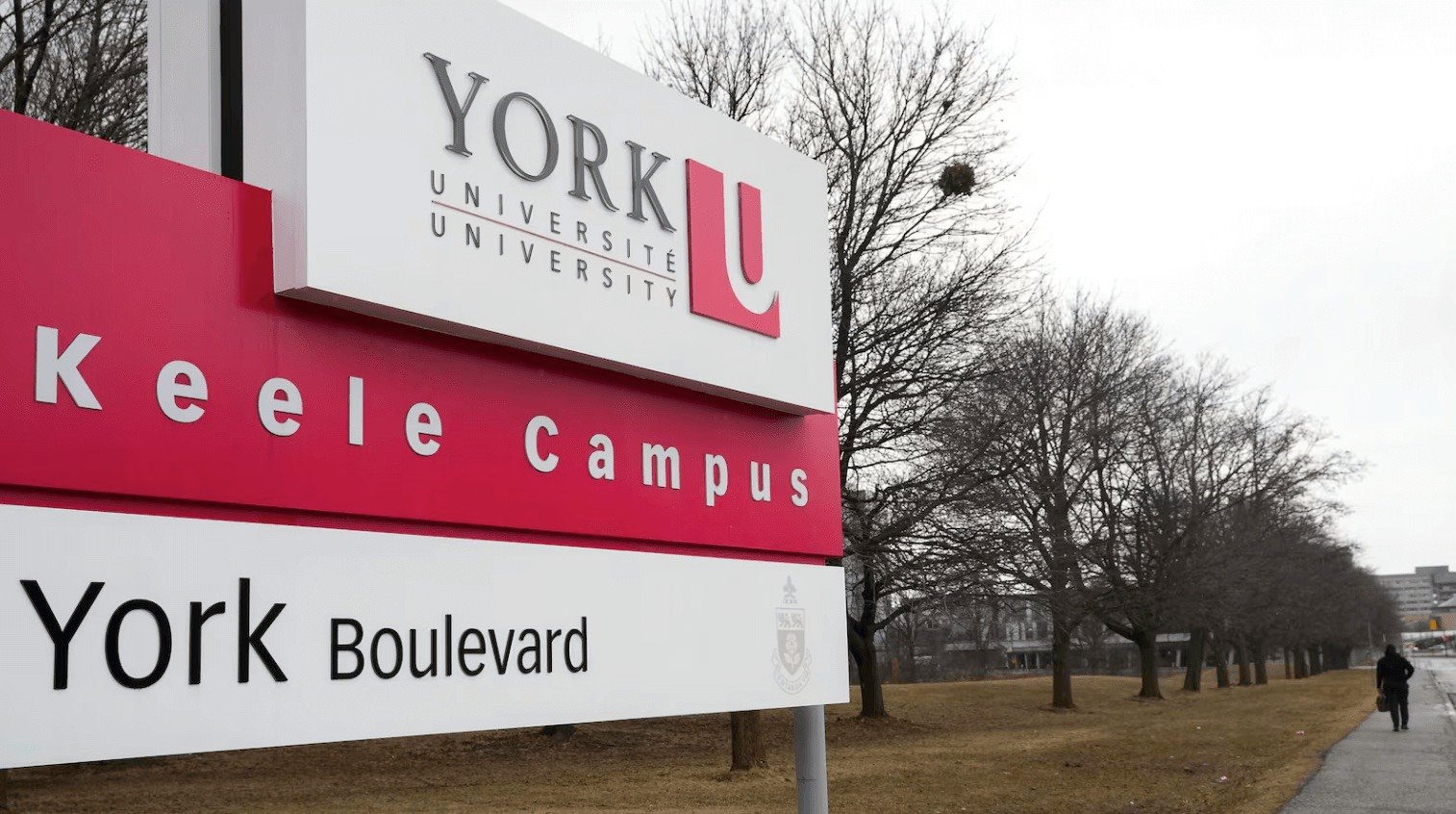This whole situation with York University reads like a bad dream for any grad school hopeful. Edward Yusseem, who had already been rejected from the school’s psychology master’s program back in January, suddenly got an email months later with the subject line “Congratulations on your acceptance.” Naturally, he thought maybe there had been a change of heart—maybe someone had reconsidered his application. But after double-checking the official application portal, which still listed his rejection, the hope quickly turned into confusion.
He managed to reach someone in the office of the dean of Graduate Studies, who confirmed what he was starting to suspect: the email was sent in error. York later issued a statement saying that an email intended only for successful applicants had been “inadvertently sent to a wider distribution list,” essentially inviting people who had been rejected or were still waiting to hear back to a webinar meant for admitted students. They acknowledged the mix-up and sent a follow-up email to clarify, apologize, and advise recipients to disregard the message.
Another applicant, Zubin Gell, had a similar experience. After receiving the message, he celebrated by sharing the news with friends, family, and even posting it on social media. Only later did he see the correction. Gell, whose application is still pending, called it “pretty absurd incompetence” for a major university to make such a mistake—but also said he’s still open to attending the program if accepted.
Yusseem, on the other hand, has already moved on. He’s been accepted into another graduate program that he’ll begin this summer. While he acknowledges that mistakes happen, he also expressed frustration at how expensive and opaque the grad school process can be—especially when applicants are paying hundreds of dollars just to have their applications reviewed. In that context, the error feels even more careless and disappointing.
At the end of the day, this wasn’t just a harmless mix-up—it was a deeply emotional rollercoaster for people banking on their futures. Universities need to be better than this, especially when the stakes are this high.






0 Comments